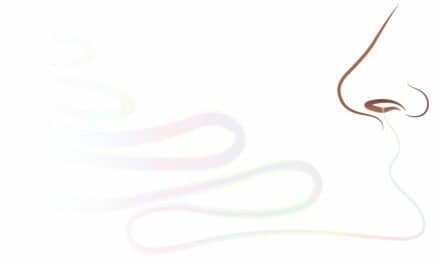Last Updated: 2008-09-05 17:39:38 -0400 (Reuters Health)
Adults with refractory partial epilepsy and obstructive sleep apnea have a reduction in seizure activity if their obstructive sleep apnea is managed with continuous positive airway pressure (CPAP) at night.
A pilot study of 35 adults with refractory epilepsy and obstructive sleep apnea was conducted by Dr. Beth A. Malow and associates at Vanderbilt University in Nashville, Tennessee. The investigators randomized 22 subjects to CPAP and 13 subjects to sham treatment. Nineteen study subjects and all of the controls completed the study.
"A significant reduction in apnea-hypopnea index was observed in the therapeutic CPAP group as compared to the sham group," Dr. Malow and colleagues report in the August issue of Neurology.
In addition, "a 50% or greater reduction in seizures was observed in 28% of the subjects in the therapeutic group as compared to 15% of those in the sham group, although this result was not statistically significant," they report.
"Four subjects treated with therapeutic CPAP and one subject treated with sham CPAP became seizure-free," Dr. Malow’s team says. "Two of the subjects treated with therapeutic CPAP who had a 50% or greater reduction in seizures had mild sleep apnea, both with baseline apnea-hypopnea indexes of 5.2 events per hour."
"Based on these results, in a definitive trial, 150 subjects in each group (therapeutic and sham) would be needed to detect a 13% reduction in seizures," the Vanderbilt group estimates, "using a chi-square test and at 0.05 significance level and 80% power."
Dr. Malow and colleagues point out that obstructive sleep apnea is present in approximately one third of patients with refractory partial epilepsy. "Some seizure types, such as the idiopathic generalized epilepsies, may be more sensitive to sleep deprivation and therefore improved by treatment of a sleep disorder," the authors write.
"If large scale studies show that treatment of even mild obstructive sleep apnea results in seizure reductions in patients with epilepsy, that would justify including epilepsy as an associated condition, along with hypertension, cardiac disease, and mood disorders, in determining whether mild obstructive sleep apnea should be treated," they assert.
"Such studies would also heighten the awareness among general neurologists and epilepsy specialists that treating obstructive sleep apnea may assist in managing a seizure disorder."
Neurology 2008;71:572-577.




